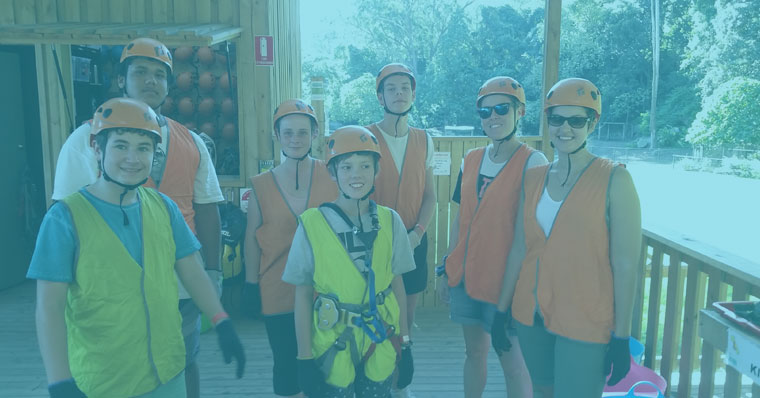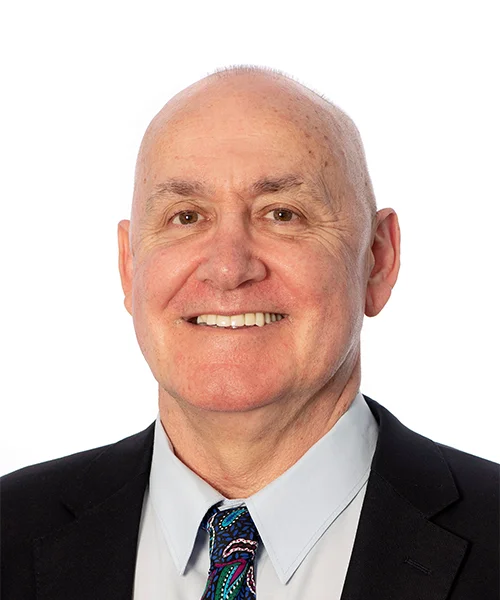In today’s society there are increasing pressures put on families socially, financially and emotionally.
Add the pressures and temptations their children are exposed to in society and the media, it makes for a dangerous mix. It can be difficult for parents to know where to seek assistance when their child is in trouble. Problems such as truanting, fighting, conflict with peers, constant arguments, anger and violence can have compounding effects on already strained family dynamics. The ever changing and developing social media is putting immense pressure on young people too.
A young person’s behaviour spiralling out of control can have a negative impact on the whole family. If the behaviour isn’t addressed in a supportive and appropriate manner, it can quickly lead to family distress and eventual breakdown.
These young people generally cannot cope within a mainstream school setting. They are at risk of falling through the ‘educational cracks’. Difficulties with basic reading, writing and maths are common. Frequently, our young people have diagnosed mental health issues, in addition to poor social skills.
Our program addresses these issues in a positive and proactive manner. It enables our young people to re-engage with learning, whilst simultaneously building their self-esteem and, in turn, instilling hope for a brighter future. We unite in a partnership with the families. This is underpinned by the provision of therapeutic educational and life skills services with the ultimate objective being the restoration of family relationships.
At Dunlea Centre, we have 3 residential units for boys and 1 residential unit for girls. Each unit has a maximum capacity of 8 students. Our young people remain in the program for an approximate period of 6 -12 months, although, at times, certain young people will stay longer. When the young people complete the program, they will transition to mainstream education, or another appropriate setting such as TAFE, employment or another special school.
FROM ENQUIRY TO ADMISSION
Dunlea Centre is a voluntary program. Referrals come from a wide range of educational, welfare and health professionals, as well as from parents and carers. Interested families are invited to attend a Family Talk which outlines the nature of the program. Application packs are given to the young people who wish to join the program. Once the packs are completed and returned, a Family Assessment interview is held to determine the goals that a young person and the parents/ key carer(s) wish to target for the duration of the program.
The family preservation focus allows for young people and their families to target a range of issues including conflict, anger, risk taking behaviours, general welfare and safety. Some young people are at risk of entering Out of Home Care or Juvenile Justice. The hope is that the Dunlea Centre program will have the potential to be an intervention for these young people.
INDUCTION
Each young person will participate in case plans throughout the duration of the program and has an Individual Educational Learning Plan (IELP) developed. Both the case plan and the IELP assist the young person in targeting and achieving the goals set down at the time of the Family Assessment and subsequent goals identified throughout the placement.



